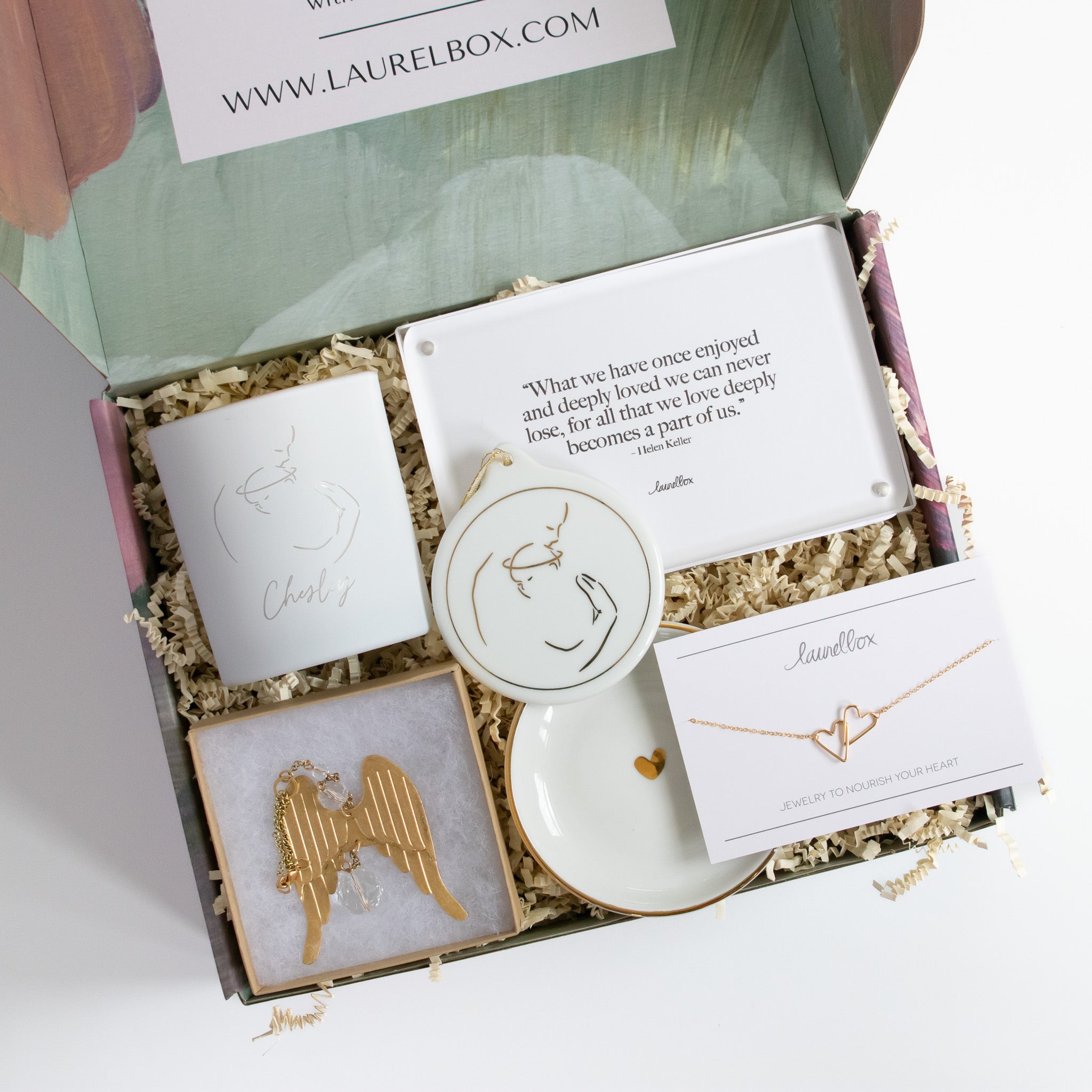Journaling Through the Grief Process
“I thought I could describe a state; make a map of sorrow. Sorrow, however, turns out to be not a state but a process.” – C.S. Lewis, A Grief Observed
Grief, as anyone who has gone through a deep loss will tell you, is a long and messy process. Grieving is not a linear process that can be worked through dependably on any type of specific time frame. Many people find journaling about their experience and feelings to be one of the most useful and practical tools to help process loss. We are going to talk about what makes journaling so useful for grievers, and some tips on how to practically create a practice of journaling.
Journaling helps you know yourself
Losing someone you love or going through a traumatic experience can fundamentally change much of your life. It is normal to feel disoriented, distraught, or as though you’re living in a fog during this process. When so much of the core of your life is changed, it can be easy to feel as though you have lost a sense of yourself. Journaling through grief can help. As you write out what you have gone through, it can be grounding and create a baseline for your healing process.
Journaling forces you to face your emotions and be still
Although everyone acts differently in the early days of grief (so this will not be true for everyone), some people work very hard to avoid thinking or processing what they experienced with their loss. It is common to attempt to numb your emotions with distractions tv shows, food, hobbies, redecorating, and shopping are all actually really common reactions. For an individual who is working hard to avoid processing their loss, journaling forces you to slow down and face your emotions. It can become a type of intentional meditation that brings healing.
Don’t edit yourself or worry about how you sound
Part of the healing process includes allowing yourself to feel whatever you need to feel. Journaling is for you, and you alone. You don’t have to worry about other people’s opinions of your feelings (which can actually be a super stressful part of grieving) or act as though you are feeling better (or worse) than you actually feel. When it comes to journaling for grief and healing, you are free to write whatever you need, whatever you feel, and however you feel. Be sure when you are writing that you are not editing yourself – openly expressing your feelings is the purpose of journaling, and a key part of healing.
Make a habit of journaling
Once you decide to begin journaling, it can be helpful to make it a type of ritual from journaling. Some people enjoy journaling on the computer, while others prefer a pen and paper. You may find it helpful to choose a time of day to journal, and create a special space for journaling. A cozy cup of tea and a warm blanket can bring moments of physical comfort when you are embarking on an emotionally painful experience.
Journal about books you’ve read
For some people, journaling through grief comes easily. For others, however, it is not as intuitive and can feel awkward. If you struggle to know where to start with your journal, I recommend you read books about grief and journal feelings or thoughts that you encounter while you are reading the books.
A Grief Observed by C.S. Lewis is one of the most insightful and helpful books to read after you have experienced a loss. Although the books is now decades old, it is still filled with truths and insights about the universal experience of grief. C.S. Lewis’s thoughts and journaling reflecting on his wife’s death has helped many people. This book is also amazing while journaling because it gives you an insider look at how C.S. Lewis worked through his grief in a therapeutic way.
Megan Divine’s book, It is OK That You’re Not OK, is a newer book focusing on the processing of grief in a culture that does not understand grief. Megan Divine’s writing is compassionate and understanding and is a helpful tool for anyone who wishes to learn how to understand how to integrate the reality of their loss into their life, as opposed to “moving on.” Her book is helpful for those who desire to journal because it can help normalize the process of grief and gives emotional space for the process.
No matter what your journaling practice looks like, we are hopeful that it can become a helpful way to help you understand and process your loss.








